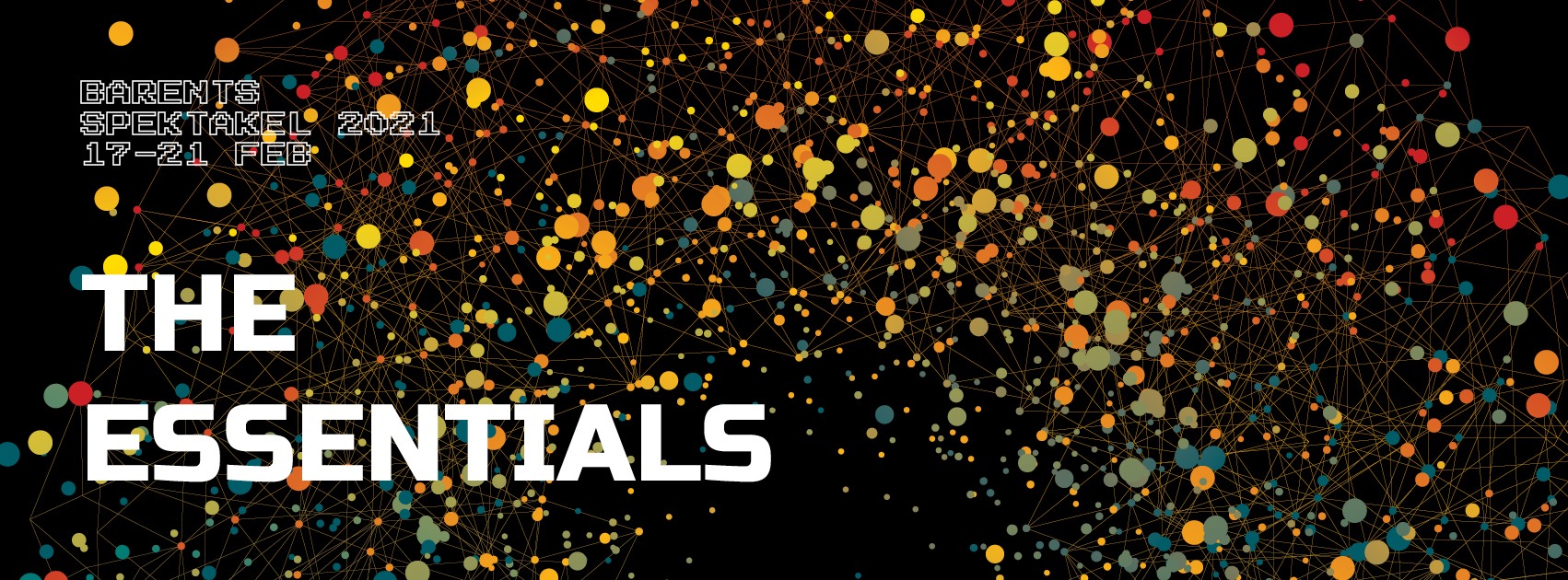-

Ecologies of Death, Ecologies of Mourning: Volume I
International Symposium 23RD MARCH 2023, 13:00 – 18:00 Organised by The Eco- and Bioart Lab, in collaboration with Queer Death Studies Network VENUE: ARBETETS MUSEUM (THE MUSEUM OF […]
-
EKOKRITISKA METODER
I vår kommer antologin Ekokritiska metoder ut på Studentlitteratur. Alla intresserade välkomnas till en eftermiddag där antologins författare introducerar olika ekokritiska metoder med korta föreläsningar. […]
